Gretchen Miller | Homeground
Dr Gretchen Miller has been making audio documentaries and explorations of the human relationship with the natural world for over 20 years. This is a retrospective, ranging in location from the Tanami Desert to Cooper Creek, from the dreamscapes of climate anxiety and hope, to the intimacy of relationships with trees, and the way birds speak with us. Gretchen works with academics and activists, experts and so-called ‘ordinary’ people, finding grace and beauty in their gentle, custodial care, their living, and their passing. She implies, but never bludgeons, the importance of the choices we make and the actions we take as individuals, communities, and democracies. Gretchen continues to work as a podcast consultant towards communicating the most critical issues of our time: our environmental relationships, and climate crisis. Her doctoral research (UNSW) was in the contribution of podcasting to the field of environmental communication, and the essential elements required for custodial...
Episodes
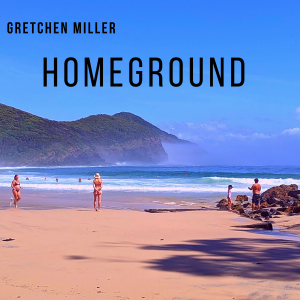
Tuesday May 31, 2022
Tuesday May 31, 2022
In the final program of the series, we use the infamous Australian heat as a shimmering prism through which to view our culture. From the fire songs of the western desert Arrernte people to the forest fires that cleared the coastal landscape; from first settlement fears of emasculating heat to a celebration of the invigorating and virile warmth appropriate to the incubation of a new nation; heat has played a vital role in the creation of the Australian psyche.
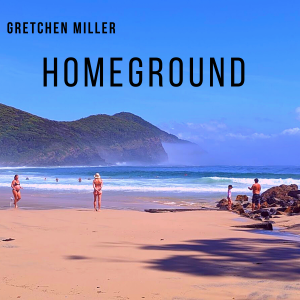
Tuesday May 31, 2022
Tuesday May 31, 2022
A series in four parts:
In this second program, scientists – and artists – discover the desert as a place worth studying and exploring, in and of itself. When did the desert change from being considered a place of little aesthetic value, to a place that spoke volumes to artists and writers? The two world wars triggered both creative Australians and scientists to want to find out more. We also hear from a fascinating collection of desert-dwellers about the unique experiences and histories that shaped their lives in the centre of the continent over the past 80 years.
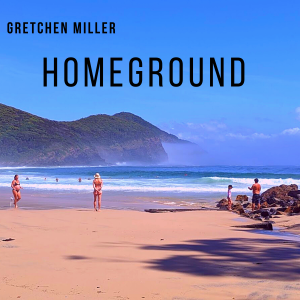
Tuesday May 31, 2022
Tuesday May 31, 2022
A four part series.
This first program in the series takes us from the changing deserts of deep time and their human inhabitants, through Aboriginal relationships with landscape, to the first days of the cattle kings. Along this timeline we also explore the powerful effect of the Judeo-Christian tradition in formulating western approaches to the landscape. On the one hand, there was a drive to develop the harsh landscape, as not to do so would be against God; on the other, there was a deep spiritual ambivalence about the desert – as a place of trial and punishment, but also healing and redemption. We also see the practical parallels and confluences between westerners and Indigenous desert-dwellers as they work out ways to negotiate the management of land, water and spirituality.
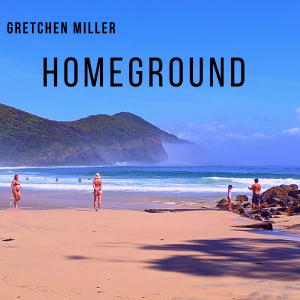
Tuesday May 31, 2022
Tuesday May 31, 2022
The sound of the digeridu, or Yidaki as its known in North East Arnhemland, has been adopted as a symbolic part of Australian culture. This Encounter travels from Darwin to North East Arnhem Land to attend the 10th Garma Festival of Traditional Culture.
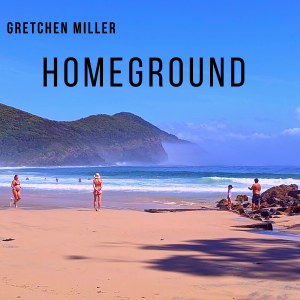
Tuesday May 31, 2022
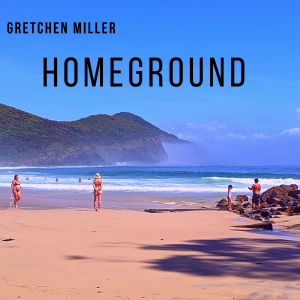
Tuesday May 31, 2022
Tuesday May 31, 2022
The Presbyterian Australian Inland Mission played a significant role in the nation building that went on at the turn of the 20th century. An ambitious health, communication and support network for remote desert dwelling Australians, it was deliberately non-evangelical. Founded by the Right Reverend John Flynn, the AIM gave birth to the Royal Flying Doctor Service and the School of the Air. The Flying Doctors are 80 years old this year, and the AIM is now 96, and a $30 million operation, albeit with a name change; the Uniting Church in Australia's Frontier Services.
Made for Encounter, on ABC RN.
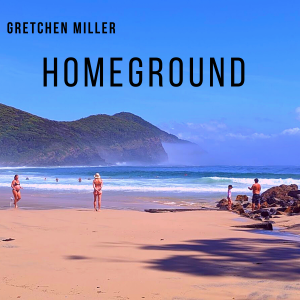
Tuesday May 31, 2022
Tuesday May 31, 2022
Australia's bird populations are under threat, as even such iconic and common birds as the Kookaburra are diminishing in numbers. The Birdland project (2014) asked Radio National listeners to tell us what birds really mean to them. Responses ranged from audio to text, and images. The best contributions are a part of and have informed the direction of the radio documentary. The result is a special exploration of what birds mean to Australians... and how we'd feel if they were gone.
As well as the radio broadcast, Birdland also became a slideshow, at Federation Square, Melbourne. Music on the show by Gretchen Miller, Russell Stapleton, Boyd, Stephen Adams, Bree Van Reyk, Alex Anderson, Rose Lang, Sean Scott, Al Kash, Terry Plunkett and Ashley Holmes. Poems and writing by Anne M Carson, Catherine Evans, Judy Fander, Maya Ward, Willow, Marian Waller, Carolyn Leach Paholski, Rebecca Newman, Belinda Hansen and Barbara Henery. Guests: Jane Ulman,Broadcaster and sound recordist,Turner, Birds Australia volunteer, Ian Patterson, coordinator, Birds Australia Capertee Valley replanting project, Michael Shiels, Supervisor at the Australian fauna precinct at Taronga Zoo. Dr Joan Bentrupperbaumer, Lecturer, School of Earth and Environmental Sciences, James Cook University, Alison Clouston, Visual artist, Boyd, composer and performer. Sound engineer Russell Stapleton.
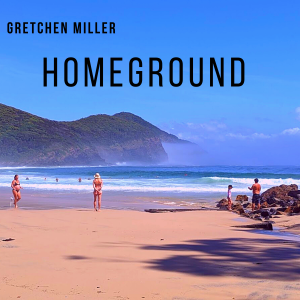
Tuesday May 31, 2022
Tuesday May 31, 2022
The Australian Landcape series is in four parts.
In Big Sky stories we take an aerial journey and find that the sky provides a rich palate through which to explore our history. We move from the Indigenous dreaming beings that roamed freely between heaven and earth to the radio waves and satellites that invisibly bring us the communication technologies we depend on today. Post-settlement, we find that it's war that has driven much of the history of Australia's sky. We flit from the first woman pilot, Nancy Bird Walton, and the activities of women pilots during World War II, to photographer Frank Hurley, whose first photographs were taken from the cockpit of a World War I fighter. We hear how military technology influenced the development of the Royal Flying Doctor Service and our ability to predict the coming of cyclones. We also explore how artists and writers have documented the Australian skies.
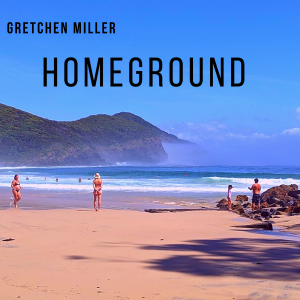
Tuesday May 31, 2022
Tuesday May 31, 2022
The joy of playing with a pre-school child is the joy of make-believe. A teacup becomes a telephone; a rocking horse morphs into a dragon; the table and chairs construct a castle. 'How?' 'Why?' and 'What?' are the child's most frequent questions and their imagination is often the place where they find the answers. But does the young imagination play a more substantial role in a child's cognitive development? Does it give us tools for real world analysis well into adulthood? On All in the Mind this week Gretchen Miller explores the power of imaginative little minds.
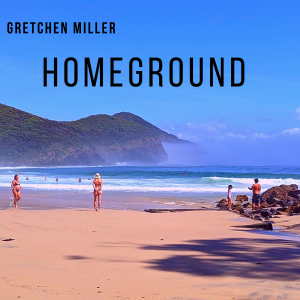
Sunday Mar 06, 2022
Sunday Mar 06, 2022
It’s a small, solitary, nocturnal, armour-plated, ant- eating mammal.
It’s the most trafficked animal on earth. It’s highly prized for it’s poor-quality meat, which will cost you $350US a kilo in a Hanoi restaurant, and the powdered residue of it’s roasted scales (that armour plating.) Why?
Pangolin are sold (always illegally) by weight. Their perfect protection against all predators except man is to curl up in a tight impenetrable ball. Lions and tigers simply cannot prise them open. A man just picks them up and carries them off in a plastic bag. Then water is injected beneath the scales, and a mixture of water and cornstarch or stones is force-fed into their stomachs. Having increased their value by as much as a third, bloated and dying, they are transported by the ton and sold alive both locally and to the huge market in China.
We talk to the people rescuing and trying to heal injured pangolin before releasing them (secretly) back into the wild; to traditional medical practitioners, vets and villagers. And we ask why does it matter if the pangolin becomes extinct, as it surely will, in Asia.
Guests: Thai Ngyuen, director, Save Vietnam's Wildlife; Maddie Rusman, technical advisor, Save Vietnam's Wildlife; Lan Ho, communications officer, Save Vietnam's Wildlife; Din Van Than, keeper, Cuc Phuong National Park; Madelon Willemson, director TRAFFIC, Vietnam; Qui Duc, journalist.
Produced with Neil Trevithick. Sound Engineer: Judy Rapley
September 2017.
